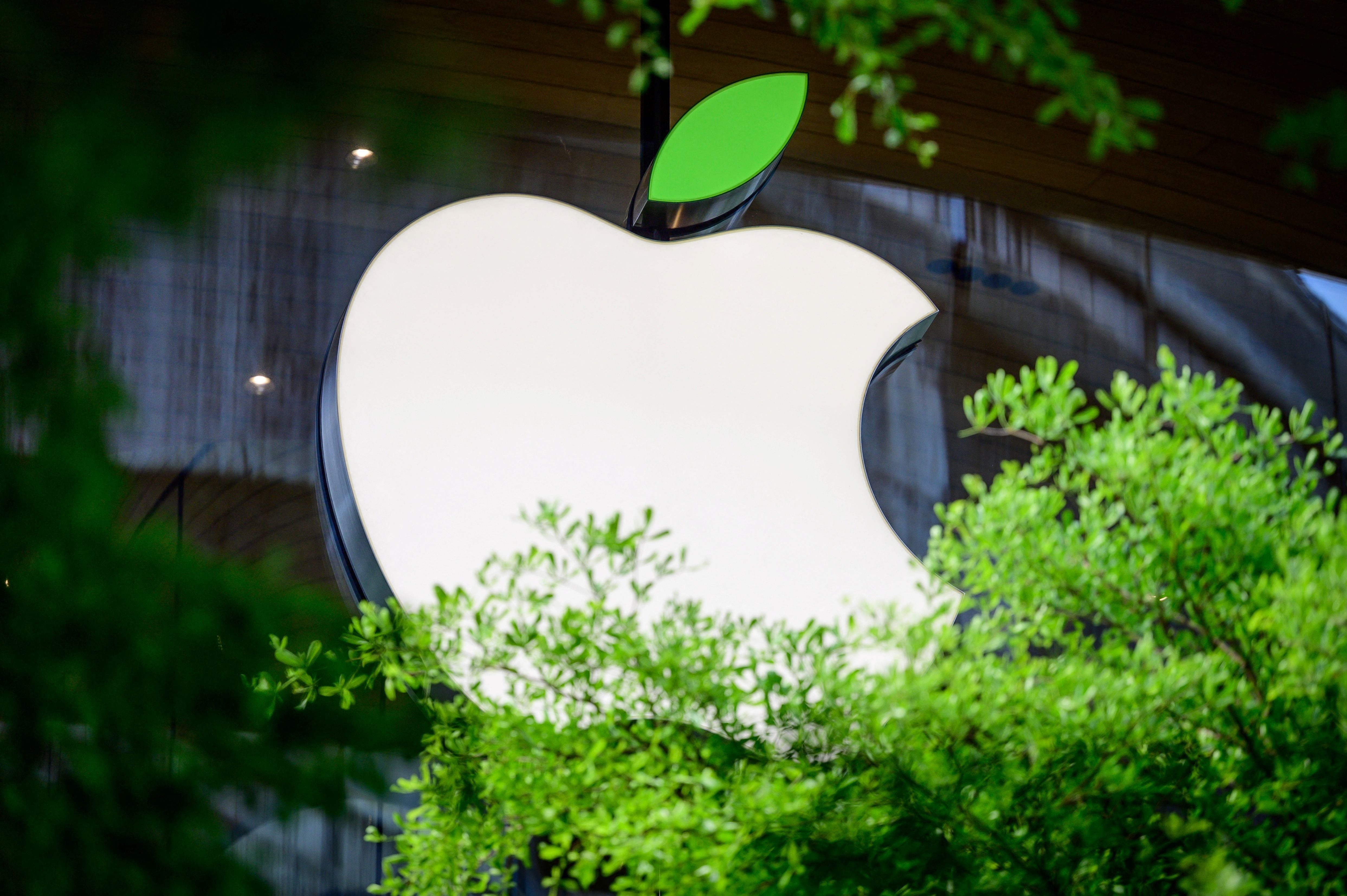Apple points out that people don’t want to use its own apps on iPhones

Your support helps us to tell the story
From reproductive rights to climate change to Big Tech, The Independent is on the ground when the story is developing. Whether it's investigating the financials of Elon Musk's pro-Trump PAC or producing our latest documentary, 'The A Word', which shines a light on the American women fighting for reproductive rights, we know how important it is to parse out the facts from the messaging.
At such a critical moment in US history, we need reporters on the ground. Your donation allows us to keep sending journalists to speak to both sides of the story.
The Independent is trusted by Americans across the entire political spectrum. And unlike many other quality news outlets, we choose not to lock Americans out of our reporting and analysis with paywalls. We believe quality journalism should be available to everyone, paid for by those who can afford it.
Your support makes all the difference.Apple has released a host of information aiming to argue that people don’t actually want to use its apps.
The company commissioned and announced research that shows that its own apps appear to be not especially popular – even though they come pre-installed on the phone, unlike third-party offerings.
The company not only looked at how much the apps were downloaded, but also how often they were used. And Apple specifically highlighted how the research showed that many people were opting to spend time in third-party apps, even when Apple offers its own.
The research was undertake by consulting firm the Analysis Group. “Our quantitative analyses of engagement with apps (not merely app downloads) demonstrates that, across many app types, Apple’s own apps are eclipsed in popularity and account for a relatively small share of usage,” said authors Juliette Caminade and Markus von Wartburg.
For music streaming, for instance, Spotify is 1.6 times more popular than Apple Music in the US, the report claimed. Google Maps are 1.5 times more popular than Apple’s in the same country, and Netflix is is 17 times more popular than Apple TV.
The same patterns were present across other countries, Apple pointed out. In Japan, for instance, Amazon Prime Video is 407 times more popular than Apple TV, it said.
Across many of those categories, individual users often subscribe to a variety of different platforms, Apple noted.
Though Apple did not explicitly mention it, the report comes amid increasing criticism of the App Store from regulators. Critics argue that Apple’s control of the iPhone allows it to favour its own apps and set unfair rules, and that lawmakers should intervene to level the playing field.
Seemingly in response, Apple has pointed to a range of evidence – including the latest report – in an attempt to argue that the iPhone and its App Store allow a range of different apps to flourish. That has occasionally led to it arguing that its own apps are not especially popular.
Join our commenting forum
Join thought-provoking conversations, follow other Independent readers and see their replies
Comments